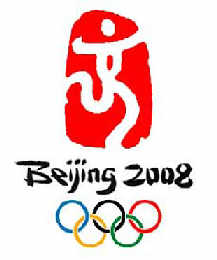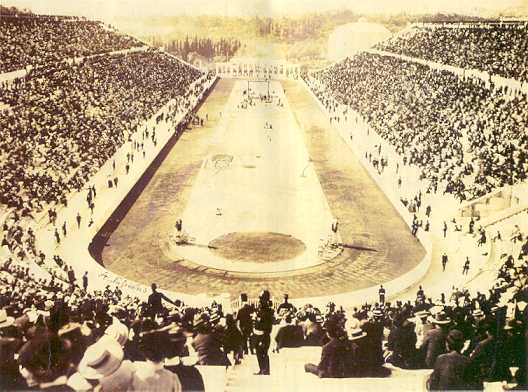
The Olympics have changed quite a bit over the years. Stadiums and arenas have evolved into more modern complexes using state of the art facilities for the athletes to compete at there highest level.
Many more events have been introduced into the Olympic competition and more countries are now included.
The prizes of winning are extremely different, winners use to win a wreath, they now can win gold, silver or bronze medals, and have the opportunity to earn themselves big contracts with companies such as, Uncle Toby's, Holden and Nike, and they can get big sponsorship money, which helps them obtain higher levels of training facilities and coaches and be able to train longer hours without having to worry about working.
The Olympics are now held at different countries and stadiums every 4 years instead of in the one place and everyone is able to buy tickets and go and support there country, instead of just the men being able to attend.
All athletes now compete fully clothed and these are provided by there country.
The Olympics are now held at different countries and stadiums every 4 years instead of in the one place and everyone is able to buy tickets and go and support there country, instead of just the men being able to attend.
All athletes now compete fully clothed and these are provided by there country.




